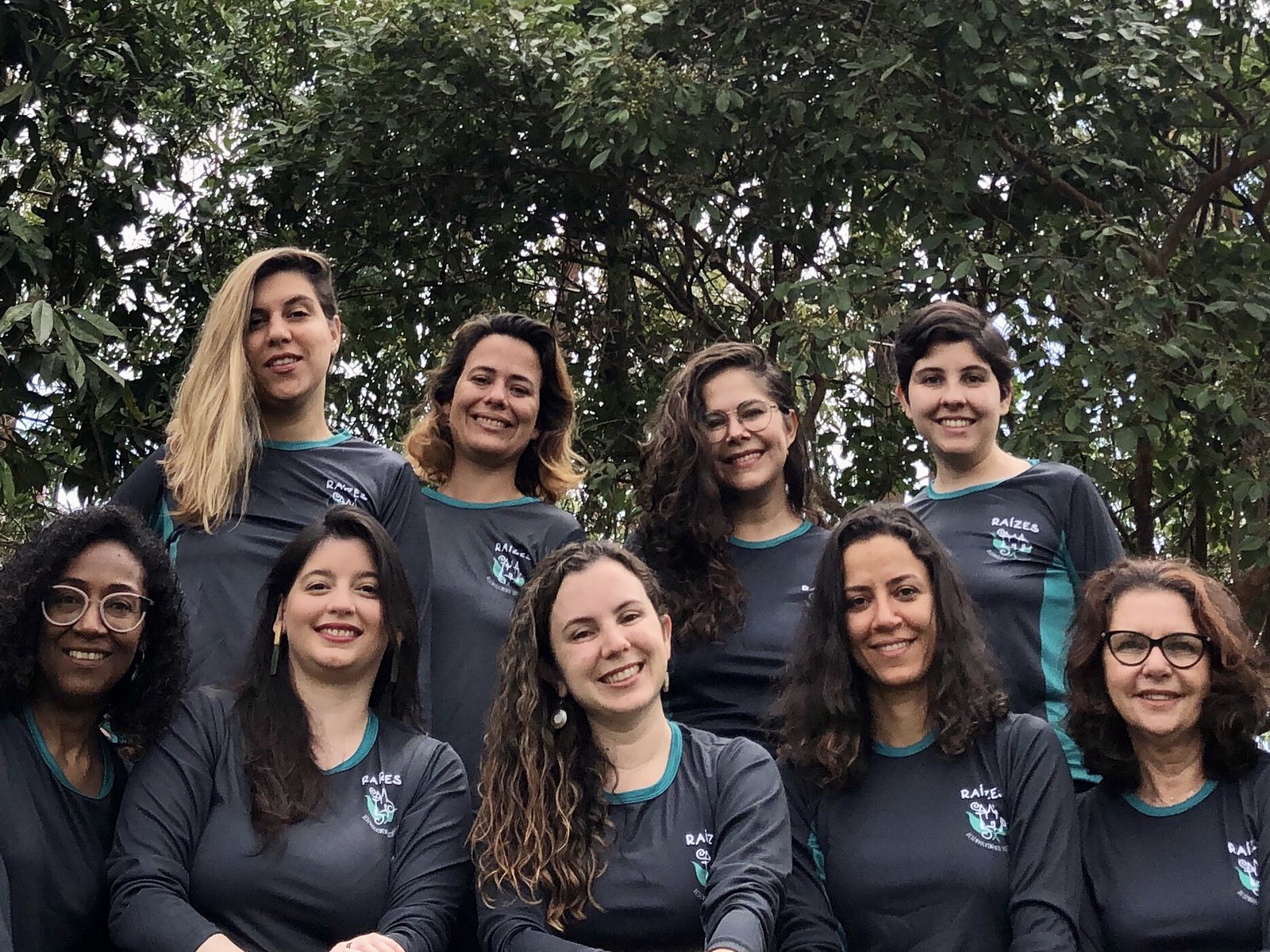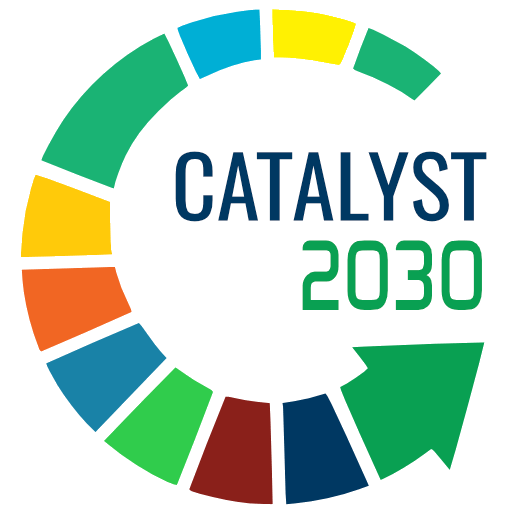
During the social projects that Raízes designs and executes, we work with what is known as human development, training people beyond just technical skills. This happens in the phases of formation, or inspiration – as we call them.
One thing we consider extremely important, beyond professionalizing stages, is that people who have their own businesses and others involved are included in psychosocial skills training, to deal with uncertainties, for example.
This need is enhanced depending on the entrepreneurial profile, which also impacts the performance of the business. In addition to that, we work together – as most of our projects create and/or strengthen networks, associations, and cooperatives. Therefore, developing and dealing with human skills are essential to understanding at all times, that we are indeed within (and part of) a system.
The systemic view is that each person has a role and occupies a place in that project, that business. This understanding of roles, and of the place, giving space for things to develop in the best possible way, is one of the factors that contribute to the projects’ success in the long run. By carefully looking at people and their individual needs, at how they behave and can support one other, this is when the magic happens.
It is only then that what we call Systemic Development comes in.
Every person must be considered in all aspects
When we start work in a territory, besides the professional side, we also observe the conditions of the beneficiaries in relation to health, education, and family contexts.
We understand that, for successful action, each person must be considered in all their many aspects. This is the step of the entire project that we call Systemic Development, which considers that a person’s life is interrelated with their projects and dreams, and interdependent with other people who share them.
So why do we worry about all these things? Precisely because it substantially contributes to the quality of life of these people. Over the months, we realize that the course of actions itself often contributes to improvements in their mental health. We receive a lot of reports about the decrease in the use of antidepressants, and more motivation for aspects involving the project and life in general, among others. A qualitative opinion is extremely valuable to us.
This is part of our human and systemic development strategy. As a methodology, after the initial stages of mapping and defining project beneficiaries and designing strategies, we use deep listening techniques, occasionally group sessions, and other diverse methods, combined with collaborative development.
To this end, we have a multidisciplinary team of managers and consultants who are ready to work in any territory. Enjoy and learn more about what we do.

